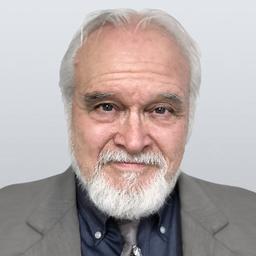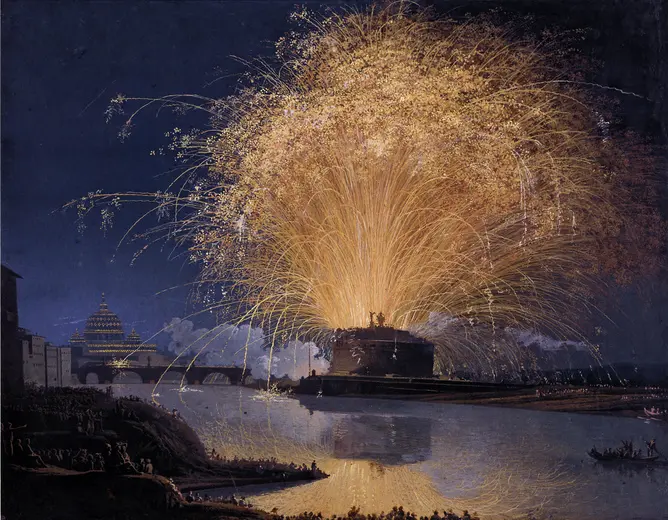To be yourself, limit yourself. To limit yourself, be yourself.
This saying is a “double dicho,” an aphorism that says the same thing in two directions. (The concept was introduced to American culture by Ernest Hemingway in “The Old Man and The Sea.”) This particular double dicho could have served as the watchword of a teacher whose influence helped make possible a raft of 20th-century composers with styles so wildly different from each other that it challenges credulity: Aaron Copland, composer of “Appalachian Spring”; Elliott Carter, spearhead of the American avant-garde; Argentine tango composer Astor Piazzolla; popular song composers Burt Bacharach and Michel Legrand; minimalist icon Philip Glass; jazz musician (and Michael Jackson’s producer) Quincy Jones, and literally hundreds of others.The teacher was Nadia Boulanger (1887–1979), a Parisian musician whose family was steeped in music. Known simply as “Mademoiselle” to her legions of students, Boulanger brought focus to generations of composers, including—thanks to France’s establishment of an American conservatory at Fontainebleau in 1921—dozens of Americans.






